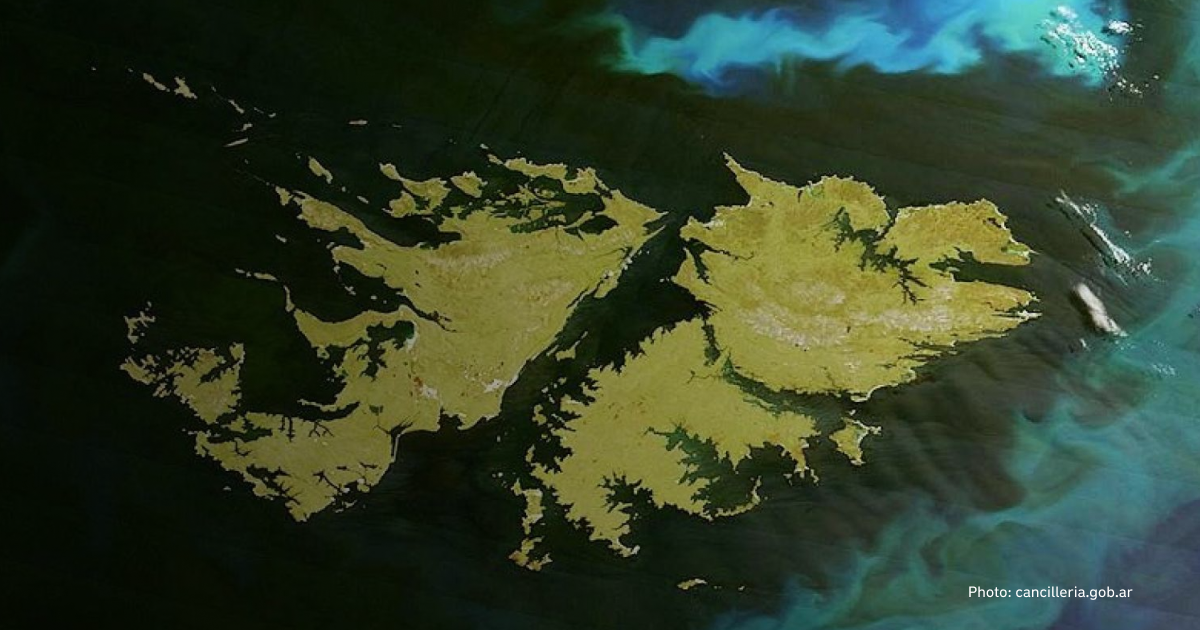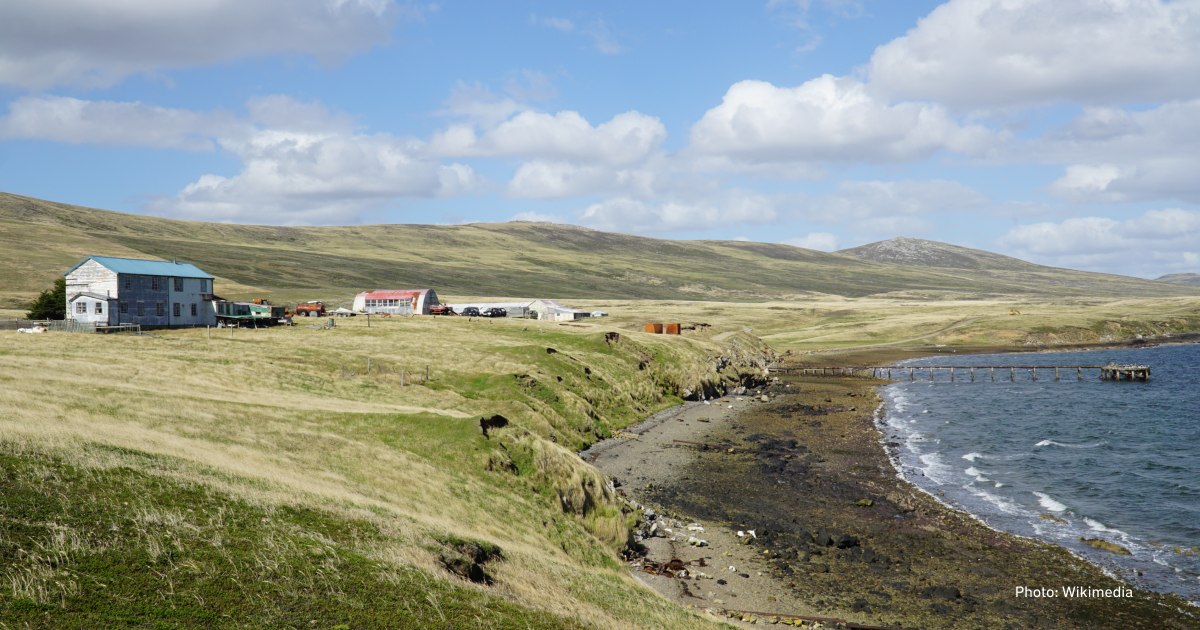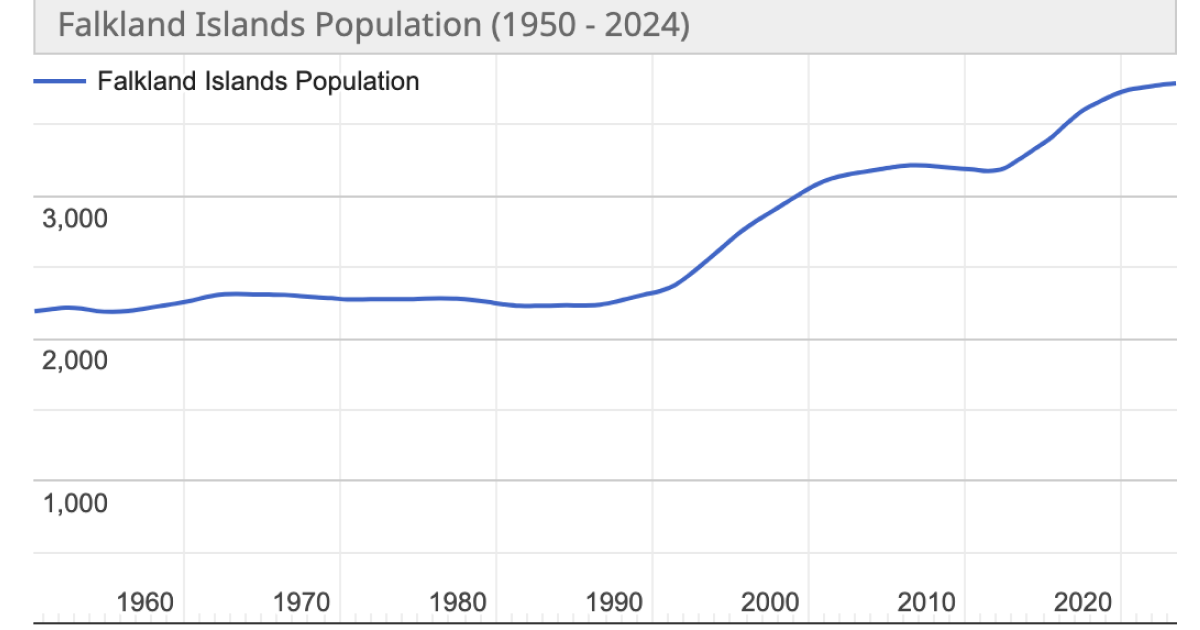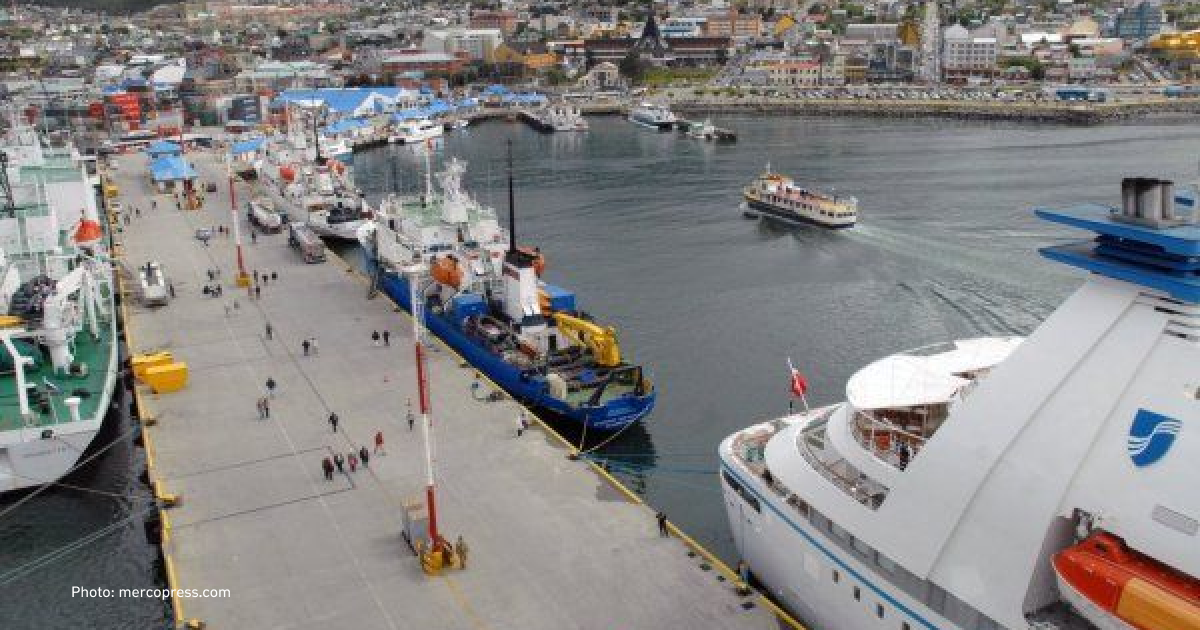Argentina has claimed its rights to the Falkland Islands (Islas Malvinas). What is going on?

What happened?
Argentina has declared its rights to the Falkland Islands (Islas Malvinas), South Georgia and South Sandwich Islands, and the surrounding maritime territories. The statement was published by the Ministry of Foreign Affairs of Argentina.
On 3 January 1833, the United Kingdom forcibly occupied the Malvinas Islands, a territory over which Argentina had exercised its sovereignty rights since its early days as an independent nation, having inherited Spain’s possessions in South America. Recovering the full exercise of our sovereignty over such territories, in accordance with International Law, while respecting the way of life of their inhabitants, is a permanent and inalienable goal of the Argentine people,
the Argentine Foreign Ministry said.
The Ministry of Foreign Affairs noted that the dispute can only be resolved through diplomatic channels and called on the British government to negotiate. They also reiterated their interest in diplomatic missions and cooperation with the UN General Assembly for negotiations.
The Argentine Government and people once again reaffirm, 191 years after the illegal occupation of the Malvinas Islands, their legitimate and imprescriptible sovereignty rights over the Malvinas, South Georgias and South Sandwich Islands and the surrounding maritime areas,
the Foreign Ministry concluded.
The British government has not yet commented on this statement.

What are these islands?
The Falkland Islands ( Spanish: Islas Malvinas — ed.) are an archipelago in the South Atlantic Ocean on the Patagonian shelf.
Until 1811, the islands were colonial possessions of Spain, and in 1833, they were seized by the United Kingdom. As a British Overseas Territory, the islands have internal self-government, but the United Kingdom is responsible for their defence and foreign affairs.

The islands are home to more than three thousand inhabitants as of 2021, most of whom are of British descent.
Argentina does not recognise the territory as British.
The position of the new President of Argentina
During the election campaign, the newly elected President of Argentina, Javier Milei, stated that the Falkland Islands (Islas Malvinas) are part of Argentina, and the country will not give up its sovereignty over them.
At the same time, according to Milei, the islanders' position should be considered.

The Falklands War of 1982
As the historian Yehor Brailian notes for Radio Free Europe / Radio Liberty, since the beginning of the 20th century, Argentine nationalists have constantly emphasised that the Falkland Islands (Islas Malvinas) are a territory captured by the British that must be returned.
In 1965, the United Nations adopted a resolution requiring Argentina and Britain to resolve the dispute through negotiations, but these did not yield any results.
In 1982, a de facto war over the Falkland Islands (Malvinas) broke out between Argentina and the United Kingdom. Although neither Argentina nor the UK officially declared war.
Eight years earlier, in 1976, another military junta came to power in Argentina (from 1930 to 1976, there were five military coups in Argentina — ed.), which carried out repressions and violated human rights. As a result, economic cooperation with the United States deteriorated.
According to Brailian, as of 1981, Argentina was in a difficult economic situation. In this situation, the new leader of the military junta, Leopoldo Galtieri, decided to stage a "small victorious war".

The Argentine government wanted to restore its popularity among the population through the war. However, the attitude of the population was not unambiguous.
On April 2, 1982, about half a thousand Argentine special forces captured the capital of the Falklands. At the time, there was a small British contingent on the islands. In response to these actions, the British government, led by Prime Minister Margaret Thatcher, sent its navy and air force to the islands.
The war lasted until June 14, 1982. The United Kingdom won the war and controls the islands to this day. During the war, 255 British and 649 Argentines died.
After losing the war, General Leopoldo Galtieri resigned, and democratic elections were held in Argentina in 1983.
For the United Kingdom, the Falklands War resulted in a complete victory for the Conservatives in the 1983 parliamentary elections. It was the second election victory for Prime Minister Margaret Thatcher. In addition, the war reinforced the myth of the "greatness of Britain" (due to its imperial past, the UK was perceived as a powerful and majestic state. After the Second World War and the beginning of the collapse of the British Empire, as well as due to political and economic crises, the country's position in the world was somewhat undermined — ed.)
In 1983, the United Kingdom passed a law on common citizenship for the inhabitants of the Falkland Islands (Malvinas), so all the islanders received British citizenship.
Tensions in 2010
In 2010, the British oil company Desire Petroleum PLC announced the start of test drilling operations near the islands. According to British experts, the region is home to one of the world's largest oil deposits — up to 400 million barrels.
These actions were condemned by the then President of Argentina, Cristina Fernández de Kirchner.
The Falkland Islands (Islas Malvinas) is a vivid example of how international law is violated and how those who are members of the UN Security Council violate its resolutions systematically again and again,
she said during the summit of Latin American and Caribbean leaders.
At that time, 32 participants supported Argentina's position.
The Argentine government has also banned ships and vessels flying the UK flag associated with the oil industry from docking in Argentine ports.

Referendum on the islands
In 2013, a referendum was held in the Falkland Islands (Islas Malvinas) to decide whether the islanders supported maintaining the status of an overseas territory of the United Kingdom.
During the referendum, 99.8% of the islanders (with a turnout of 92% - ed.) voted to maintain the current political status. Only three people voted against it.
David Cameron, the then Prime Minister of the United Kingdom, said that the government supported the referendum and would "respect and defend" the result. After the results were announced, he appealed to the President of Argentina to respect the results of the referendum.
Currently, the Falklands issue remains a burning issue in international relations.


